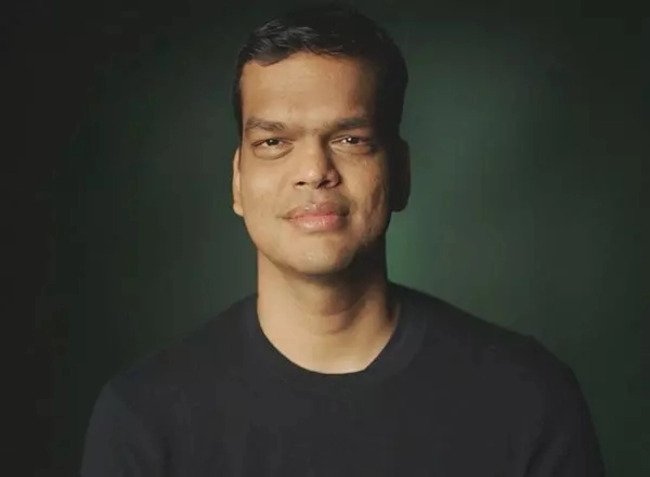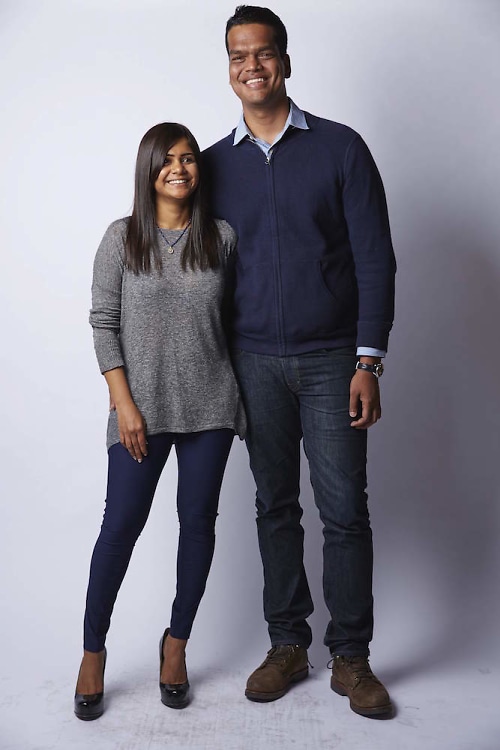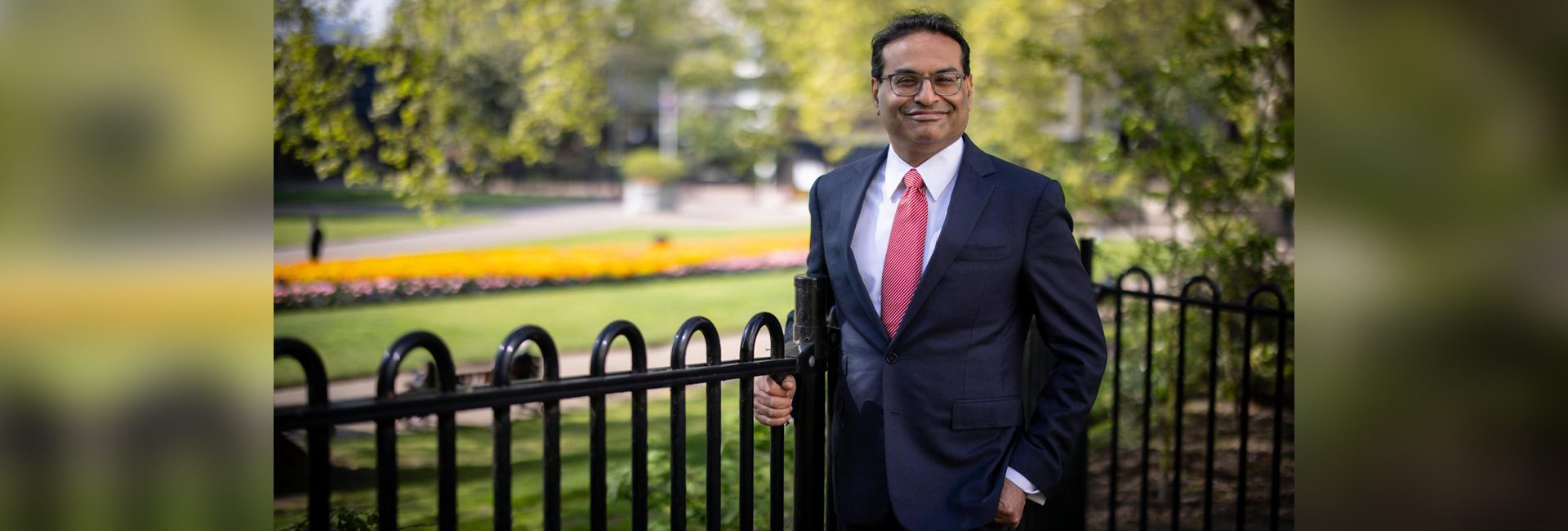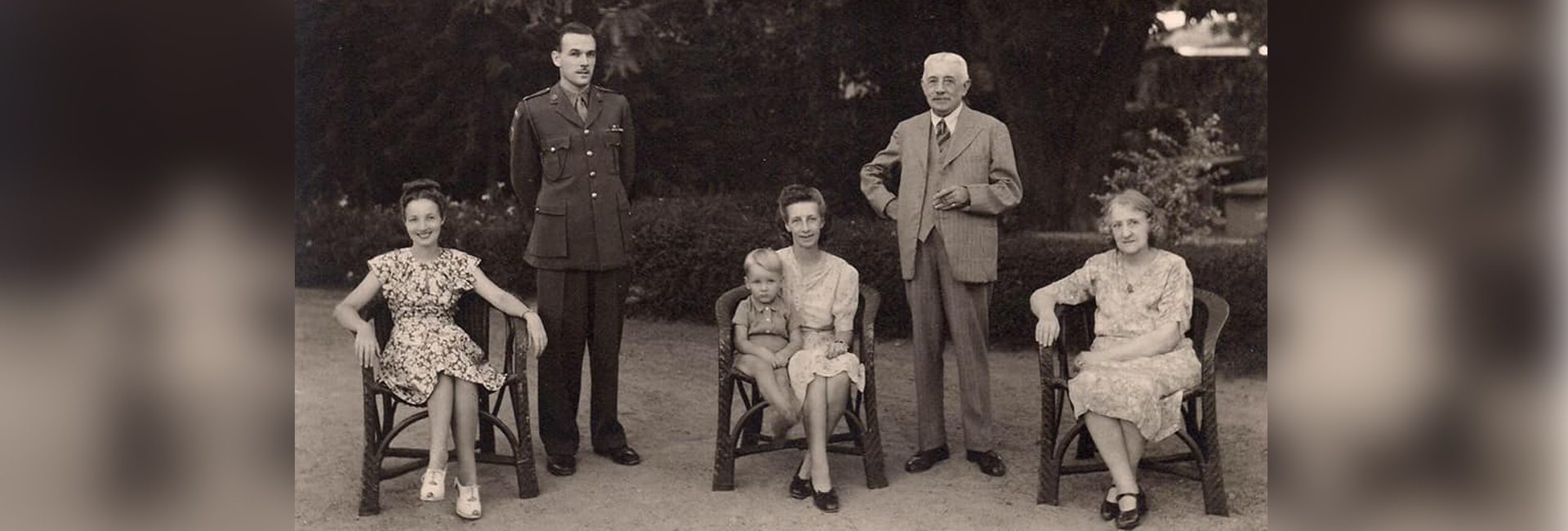(November 5, 2022) In less than a week, much drama has unfolded at the Twitter headquarters, ever since Elon Musk took over as the ‘Chief Twit’ of the microblogging site. While the world was still letting that feeling “sink in”, the 51-year-old began making some drastic changes. From firing the once bigwigs of Twitter like Parag Agrawal and Ned Segal to levying a monthly fee of $8 on Twitter users for a blue tick, Musk is busy revamping Twitter. And he has now roped in Sriram Krishnan, an Indian-American, to help him overhaul the company.
According to New York Times, Sriram was holding the fort at Twitter’s San Fransisco headquarters on October 30, while Elon Musk was in New York. The next day, Sriram posted a picture of the Twitter office, and affirmed that he was “helping out” Elon Musk “temporarily.” He added, “I believe this is a hugely important company and can have a great impact on the world and Elon is the person to make it happen.”
Now that the word is out: I’m helping out @elonmusk with Twitter temporarily with some other great people.
I ( and a16z) believe this is a hugely important company and can have great impact on the world and Elon is the person to make it happen. pic.twitter.com/weGwEp8oga
— Sriram Krishnan – sriramk.eth (@sriramk) October 30, 2022
Sriram, who once lead the product team at Twitter, is now a general partner at Silicon Valley venture capital firm Andreessen Horowitz, also called a 16z, which invested in Elon Musk’s buyout of Twitter.
Chennai to the US
Born to a father who worked in the insurance sector and a homemaker mother in Chennai, Sriram comes from a “typical middle-class Indian family”. He aspired to be an engineer, and hence enrolled at SRM Engineering College in Anna University in 2001 to pursue his bachelor’s in Information Technology. Like many young Indians, he too had an American dream and moved to the US in 2005 at the age of 21 to work for Microsoft.

Sriram Krishnan is an Indian American investor and technologist
Dipping his toes in the world of technology
It was in 2003 that he met his now wife Aarthi Ramamurthy when the two were studying software engineering. They had met earlier in a Yahoo chatroom set up for a coding project. Interestingly, both of them were hired by Indian American tech executive S Somasegar for Microsoft, where Sriram “touched numerous projects related to Windows Azure”, according to the Andreessen Horowitz website. After gaining enough experience, Sriram shifted gears and moved to Facebook in 2013, where he built Facebook Audience Network, one of the largest networks in display advertising. Three years later, it was time to move to Snap Inc, where he created and oversaw various mobile ad products, including Snap’s Direct Response ads business.

Sriram Krishnan with his wife Aarthi Ramamurthy
Then, in 2017, he landed a job at Twitter to lead the consumer product teams. “Drove Twitter user growth to >20% YoY growth in ~2 years and launched several products including a redesigned events experience. Headed up core product teams including home timeline, onboarding/new user experience, search, discovery, etc,” reads his LinkedIn profile.
Venture Capital Firm and a Podcast
In early 2021, Sriram joined venture capital firm Andreessen Horowitz, which is a significant investor in Clubhouse, a social audio app released in 2020. The same year, Sriram and Aarthi launched a Clubhouse talk show The Good Time Show that “focuses on organic conversations on anything from startups to venture capitalism and cryptocurrencies.” It was an early appearance by Elon Musk on The Good Time Show that made Clubhouse popular, exceeding the limit of 5000 simultaneous users. If NYT is to be believed, Krishnan and Musk had met earlier during a visit to the SpaceX headquarters in California.
Krishnan, who calls himself an “investor, technologist and engineer” is interested in the “intersection of consumer tech and crypto”. The San Francisco resident, who has a two-year-old daughter with wife Aarthi, has joined hands with Elon to help him revamp Twitter.
- Follow Sriram Krishnan on Linkedin




